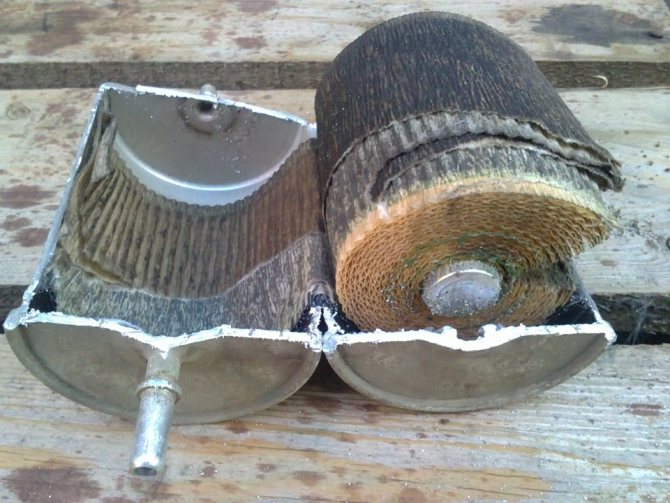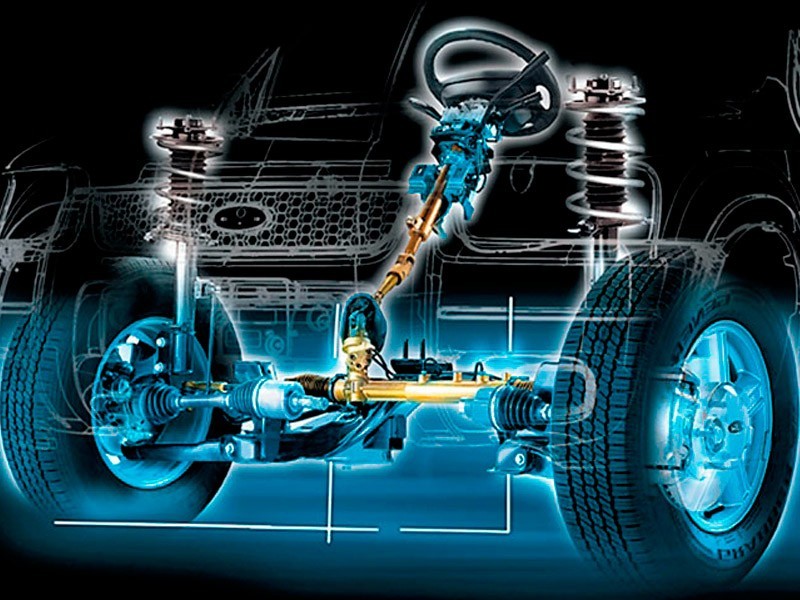
Symptoms of a bad or faulty fuel filter (auxiliary)
Content
If your vehicle is hard to start, has trouble running the engine, or has a Check Engine light on, consider replacing the auxiliary fuel filter.
Virtually all gasoline powered vehicles are equipped with fuel filters designed to filter out any dirt or debris that can contaminate the fuel system or damage components and possibly even the engine. Some vehicles will be equipped with a second fuel filter, known as an auxiliary fuel filter, which serves as an additional filter to further protect fuel system and engine components. When the filter becomes excessively dirty or clogged, it can cause engine performance problems. Since the auxiliary fuel filter functions in the same way as the main fuel filter, the symptoms associated with it when it fails are similar to those of a conventional fuel filter. Usually a bad or defective fuel filter causes several symptoms that may alert the driver to a problem.
1. The car does not start well
One of the first symptoms of a problem with an additional fuel filter is difficult starting. If the filter becomes excessively dirty or clogged, it can restrict fuel pressure or flow, which can make it difficult to start the vehicle. The problem can be especially noticeable during a cold start or after the car has been sitting for a while.
2. Engine misfiring or reduced power, acceleration and fuel economy.
Engine performance problems are another sign of a problem with the secondary fuel filter. If the fuel filter becomes excessively dirty to the point of severely restricting fuel delivery, it can cause vehicle handling problems such as misfiring, reduced power and acceleration, poor fuel economy, and even engine stall. The symptoms usually continue to get worse until the car can no longer run or start.
3. Check Engine light comes on.
A lit Check Engine light is another possible sign of a bad auxiliary fuel filter. Some vehicles are equipped with fuel pressure sensors that monitor the pressure and flow in the fuel system. If the fuel filter becomes excessively dirty and restricts fuel flow and this is detected by the sensor, the computer turns on the Check Engine light to alert the driver to a potential problem. The Check Engine Light can also be caused by a number of other issues, so it is highly recommended that you scan your computer for trouble codes.
While not all vehicles have them, additional fuel filters are another important scheduled maintenance component that should be replaced at the recommended intervals to keep the engine running properly. If you suspect your secondary fuel filter may be defective, have a professional technician, such as AvtoTachki, check your vehicle to determine if the filter should be replaced.
